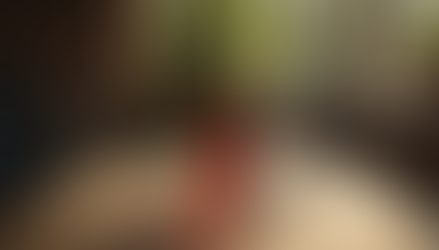On self-learning strategies
- Jul 1, 2013
- 3 min read

Eyeballing wine, swirling and sniffing and swishing ... it may look complicated or even snobbish, but the traditional wine-tasting technique is actually based on common sense. It's simply a way to pause for a moment, to stop and think, and to pay attention to the ways that wine impacts on all your senses, from sight and scent to taste, aftertaste, and the overall impression that the wine leaves behind after you've finished.
Don’t get me wrong. Traditional wine teaching text-book and benchmarking tasting exercise are still valid. And using an easy to use tasting format and use it by heart to form opinions about the wines through a regimented procedural is probably a must for the beginning of our journey to at least a ‘pseudo science’ of tasting to happen. Embracing the fact that tasting is always subjective may not be taken so easily by serious students, but it is this rigorous, regimented manner with an open attitude that quality our objectivity.
In the beginning, one does not have to read a lot of books at this stage of time. Stick to one simple and quality book and get stuck to it as the foundation of your the substantive knowledge. Real wine knowledge forms only when one consistently interrogates onerself with from the learnings of procedural and substantive parts.
Taste with like-minded friends. Take snap shots on your tasting. Write notes and compare your notes. Co-relates characters(quality profiles) and length; correlates also wine structure of various wines of the same genre and pattern them on X-Y co-ordinates give life to the learning of tasting. Understand them and read your pattern. Ask the right persons to add wisdoms to your observations. Use your tasting frame in regimented manner. Once you are getting familiar with the tasting framework, use your intuition and ignited senses, go beyond the so-called tasting framework.
Be honest and be true to your tasting. Wine descriptors are not adequate-you have to form reasoned opinions about quality. Attaching scores to these qualities bench markers are helpful.
If you thought you have some real knowledge, try not to be another ‘Barbarian’ at the gate.
Instead of following a rundown of the left bank communes and how much gravel they possess and other such crusty information, get a of wines and sharing them with like-minded people(and keep calm and) a red Bordeaux with a similar blend from the New World. And then compare a Pauillac with a Pomerol, and an inexpensive white Bordeaux with a Sauvignon de Touraine, followed by a taste-off of Sauternes versus Jurançon is probably one valid technique. Read your books and find the meaning. Re-taste if you still have the time; clear any post learning doubts.
Ensure you may wish to invest in leveled programme Like Wine Studies 1 and 2, or Levels 1, 2 and 3. Look for lively topics like ‘All you need to know about wine before you graduate’, if the content is solid.
Do we need formal wine education? Yes, most wine educators would say so. But the message does not need to be educate first. For the benefit of the industry, the best return on investment for the learning about wine is not to “educate” wine drinkers about the features and benefits of the wines, the come from of the taste, the stylistics elements, but to make wine in general a more relevant part of their lives.
I believe the world of self-directed problem-based learning is the new way to wine teaching, whose success relies your motivation. But when there is no destination, only a journey, surely this is the only valid technique.























Comments